I love food, all kinds of food. Gourmet food, soul food, street food, ethnic food, home cooking. So I thought it would be amusing to do a little research on Greek cuisine, because it’s fun to think we have a lot of the same things on our plate as Plato (forgive the pun!)
Some Greek recipes have existed for thousands of years, especially those including local produce such as oranges and lemons, pomegranates, tomatoes, grapes, figs. And, of course, olive oil – our liquid gold.
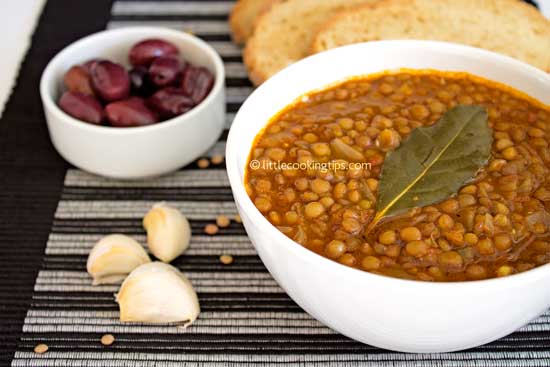
The first cookbook ever to be written is credited to Archestratus, a Greek poet living in Sicily around 350 B. C. It’s a poem called Υδηπάθεια (Life of Luxury) written in hexameters, of which only 62 fragments survive. The poem is in fact a gastronomic guide, where the author tells of his travels around the Mediterranean in search of the best food and wine. Like today’s foodies, Archestratus loved learning the culinary traditions and customs of different places. He believed in the importance of quality ingredients, which had to be fresh and in season, and cooked simply, with little fat, using seasoning lightly in order to enhance and not mask their flavor.
He focused mainly on fish, being a big fan of tuna, but also of mullet, sea bass, swordfish and squid. One of his recipes is for tuna wrapped in fig leaves, cooked under the ashes and flavored with olive oil and oregano.
But even before Archestratus, the Greeks were interested in good food. Aristaios (or Aristaeus) was the god of shepherds and cheese-making, bee-keeping, honey, honey-mead, olive growing and medicinal herbs. His name was derived from the Greek word aristos, “most excellent” or “most useful.” It seems he started life a mortal, but was made a god because of his services to mankind.
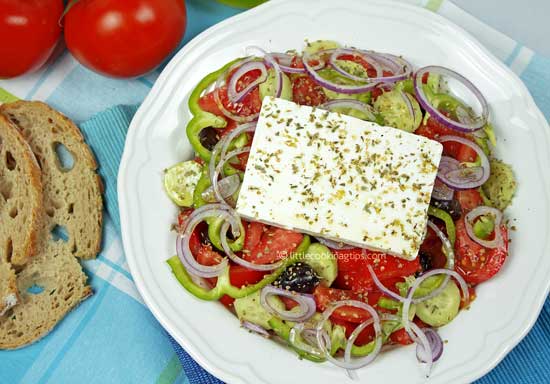
The Greeks invented bread; they made wine which they flavored with thyme, mint, cinnamon or honey and stored in clay pots, amphoras, which they marked with the year and origin. They drank their wine cut with water, to keep their wits about them, and thought drinking undiluted wine a barbarian custom.
They cultivated orchards of fruit and nut trees, and raised swine, goats, sheep and cows, as well as chickens, ducks, geese and swans. They grew an abundance of vegetables and gathered myriad greens. Fish was essential to their diet but they ate little meat. They enhanced dishes with wild oregano and sage and imported cinnamon and pepper.
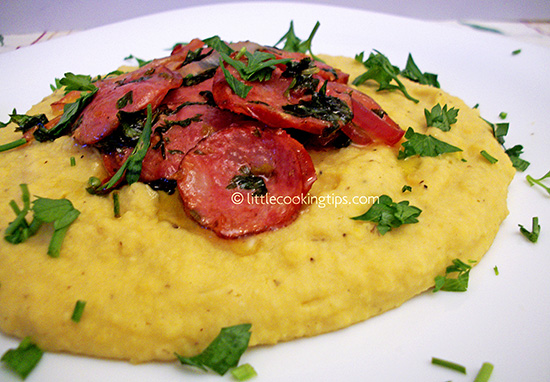
The Greek diet has been influenced by both the East and the West. In ancient times, the Persians introduced Middle Eastern foods, such as yogurt, rice, and sweets made from nuts, honey, and sesame seeds. When Rome invaded Greece, the Romans brought with them foods that are typical in Italy, such as pasta and sauces, and the thin phyllo pastry dough used to make sweet and savory pies. Then came the Ottoman conquerors, with assorted Central Asian dishes like rice pilaf and loukoum – Turkish Delight, flavoured with rose water. Arab influences added spices such as cumin, cinnamon, allspice, and cloves, and introduced coffee to Greece. Potatoes, pumpkins and tomatoes were later brought from the New World.
For Greeks, food and eating did not just satisfy physical needs; it was primarily a social event. Plutarch, a Greek historian, said, “We do not sit at the table to eat… but to eat together”. This idea of conviviality has resulted in the meze tradition of sharing a multitude of small dishes, which has spread throughout the Mediterranean and the Middle East.
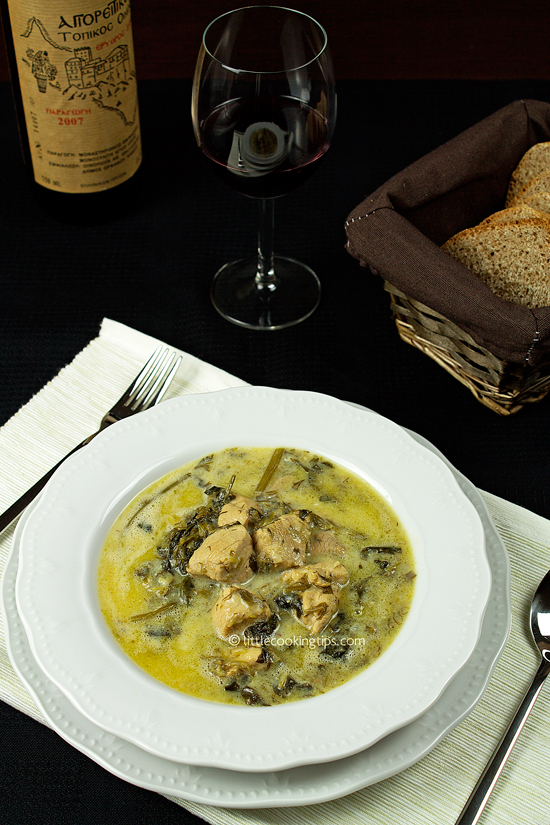
In Greece today you will still find all the foods that have been eaten through the ages: plates of fava, a puree of yellow split peas topped with wild capers, onions, or marinated sardines; tomatoes, peppers, cabbage and vine leaves stuffed with meat or rice, pine nuts, sultanas, cheese; λαδερά (ladera), vegetables braised in olive oil; meats simply grilled or cooked with tomatoes and wine; fish and seafood of all kinds; meats and greens encased in delicate phyllo pastry. Food is seasoned with sea salt, onion, garlic, oregano, thyme, rosemary and mint, as well as cumin, cinnamon, allspice and chili pepper.
For dessert, the same phyllo pastry enfolds fruit and nuts and is bathed in honey syrup and sprinkled with cinnamon. A simple dish of yogurt is topped with walnuts and drizzled in honey. And there’s always fruit: apples, pears and citrus fruits in winter, cherries, apricots, strawberries in the spring, peaches, watermelons, melons and figs in summer, grapes, quinces and pomegranates in fall. Of course now you can get fruit out of season, as well as exotic fruits like bananas, pineapples and mangoes. But Greeks generally like to buy things in season.
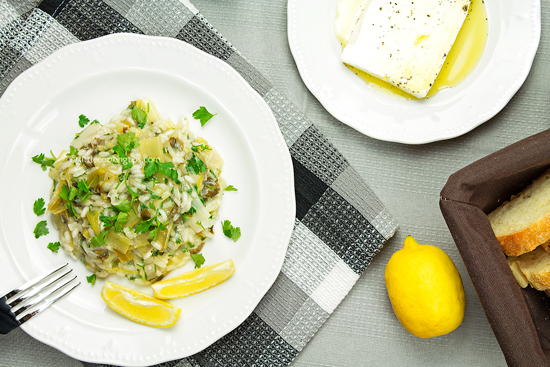
Greek chefs today have taken this rich tradition and given it a modern twist. You will find them plying their trade in Athens, but also in other cities, on the islands and on the mountains. The success of the tourist trade, as well as the popularity of tv cooking shows has made the profession lucrative for many young people. They like to use local produce in season, bring a fresh take to old recipes, and also use ideas and influences from other countries.
Greece produces a wide variety of cheeses, from the ubiquitous feta and other soft, fresh cheeses, to hard cheeses such as γραβιέρα (graviera) and κεφαλοτύρι (kefalotyri). Every region also produces their own local cheeses – always ask to sample them when traveling.
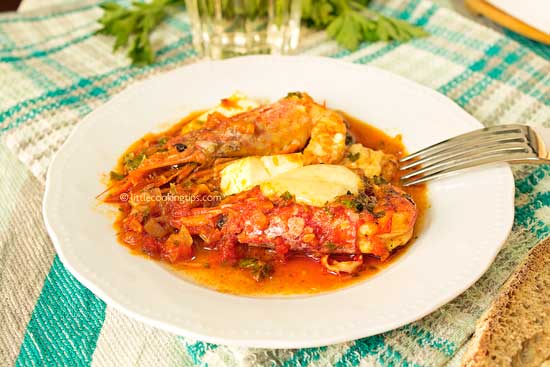
The first Greek wine has been dated about 6,500 years ago, and, in recent years, the Greek wine industry has been undergoing a renaissance. Improvements have been made with serious investments in modern wine making technology. The new generation of native winemakers is being trained in the best wine schools around the world and their efforts are paying off as Greek wines continue to receive the highest awards in international competitions. What makes Greek wine so unique are the more than 300 indigenous grape varieties grown here, some of which have been cultivated since ancient times. Many well-known international grape varieties are also used in Greek wine making.
Greeks love to eat outdoors, and will do so all year round, weather permitting.
Following the tradition of hospitality, people will welcome you into their homes with a glass of water and a spoonful of γλυκό (glyko) – preserves made with fruit such as sour cherries or citrus peel, flowers such as rose petals and lemon tree buds, and also fruit and vegetables not yet ripe, such as tiny aubergines, green walnuts, tiny green mandarins and figs.
 For those interested in trying their hand at some Greek specialities, there are many good cookbooks in English. For example, the lovely series written by Diane Kochilas;
For those interested in trying their hand at some Greek specialities, there are many good cookbooks in English. For example, the lovely series written by Diane Kochilas;
 or Vefa’s Kitchen, the bible of Greek cuisine by the grande dame of Greek cooking.
or Vefa’s Kitchen, the bible of Greek cuisine by the grande dame of Greek cooking.
There are also a few great blogs, such as Little Cooking Tips, which features delicious recipes. They kindly allowed me to borrow their lovely photographs of food, all of which could have been in Plato’s plate.
And, by the way, Bon appetit in Greek is Καλή Όρεξη (Kali Orexi)!


So many things i didnt know!
LikeLiked by 1 person
Fabulous! Having been away from Greece for three months, I can’t wait to get back now I have seen all this lovely food.
LikeLiked by 1 person
Nice! Thanks for the info. I learned something new today! 🙂 Oh, and the food photos have just made me hungrier. Off to the kitchen now. 🙂
LikeLiked by 1 person
Love this! Now I am starving.
LikeLike
Reblogged this on Dancing With Fireflies – Find your spark and live life creatively and commented:
Greek food is amazing and so healthy. Now, I need food.. cause this post made me so hungry!
LikeLike
Wow amazing foods and history, would love to visit Greece some day!
LikeLiked by 1 person
Great post 🙂
And everyone is hungry for good wholesome food now 😉
Turtle Hugs
LikeLike
Very interesting!!
LikeLike
Thanks, everyone! I thought an article about food would go down well!
LikeLike
We love Greek food. Greek honey from Symi, with the taste of thyme. Greek yoghurt. Greek bread. Halloumi, feta, moussaka (veggie version), capers, olives, fish, potatoes cooked with lemon and olive oil ….. all lovely natural ingredients so full of flavour.
Only one thing we just couldn’t learn to like despite several attempts – retsina, *ugh* 🙂
LikeLike
Well, I don’t like it either… I don’t think many people drink it nowadays, except in the villages. There are so many lovely Greek wines.
LikeLiked by 1 person
Oh my, those dishes look mouth-watering!
LikeLiked by 1 person
I remember eating in Athens with my parents when Father was on a diplomatic mission. There were the meals we took among ourselves in little restaurants with fresh food of season and lots of fish, that were delicious. And besides, the official meals, we were invited by the head of the Greek delegation who had married a French lady: she wanted to meet Mother and us all. We had the most wonderful and convivial dinner under a vine, on a terrace, with lots of little dishes to taste. And I remember nothing was hurried. Conversation was interesting for all, even for the young adolescent I was then. It was a charming hospitality. One of my best memories. All this comes back to me now that I am reading you! 🙂
LikeLike
I’m so glad. Children are always very welcome in Greece and included in everything. Perhaps in the future you could plan a little trip with the girls – plenty of little tavernas I could take you to! Never hurts to dream (although I still haven’t made it to Madagscar!)
LikeLike
I am afraid we shall never have enough money to go back to Athens. All this belongs to the past. But thank you, indeed. And I hope you’ll make it to Madagascar!
LikeLike
When you’re 22 you can never say that everything belongs to the past… Your life is in front of you – you never know 🙂
LikeLike
That Horiatiki salad looks heavenly. Wish I had feta in the house!
LikeLike
Not the season really, the tomatoes are not that tasty!
LikeLike
It’s almost thirty years since I was in Greece and I still remember the food. I wasn’t a vegetarian then and I really enjoyed the lamb. The tasty salads were sublime. I wasn’t keen on the seafood as I recall.
LikeLiked by 1 person
Thank you so much! We just read the article, what a wonderful job! We learned so much from this, it was a beautiful journey into Greek culinary history! And it was really an honor mentioning us right under two distinguished people we admire and get inspiration from, Mrs. Vefa Alexiadou and Mrs. Diane Kochilas!
Again, thank you very very much, you just made our day!
xoxo
LikeLike
I’m glad you enjoyed it! And thanks for he photographs.
LikeLike
Our next date night is to be at a local mom and pop authentic Greek restaurant. My mouth is drooling already.
LikeLiked by 1 person
The pork with celery looks so good. I have just returned from Corfu after a long stay. I will miss so much, including the local dishes.
LikeLiked by 1 person